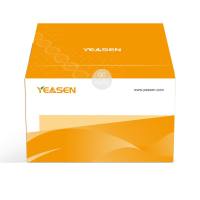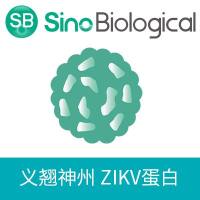Medaka is a small laboratory fish that daily produces eggs easily controllable by light cycles. This fish represents a unique lower vertebrate compared to mammals, in which embryonic stem (ES) cell lines can be derived from midblastula embryos (MBEs). Like mouse ES cells, medaka ES cells most resemble the totipotent embryonic cells at the blastula stage. Medaka ES cells retain a diploid karyotype, pluripotency in vitro, and chimera competence in vivo. They give rise to high efficiencies of transient and stable gene transfer and maintain their pluripotency after long-term drug selection for transgene integration. They can also be directed to differentiate into particular cell types. Medaka is the most distantly related vertebrate to mammals, and its ES cell lines provide an ideal reference to mammalian ES cells for the molecular analysis of stemness. More important, medaka ES cell lines on their own offer an excellent tool for studying stem cell biology in vitro and in vivo because production and observation of ES-derived chimeras as well as phenotypic analyses are very easy because of its external, transparent, and temperature-adjustable embryology.






